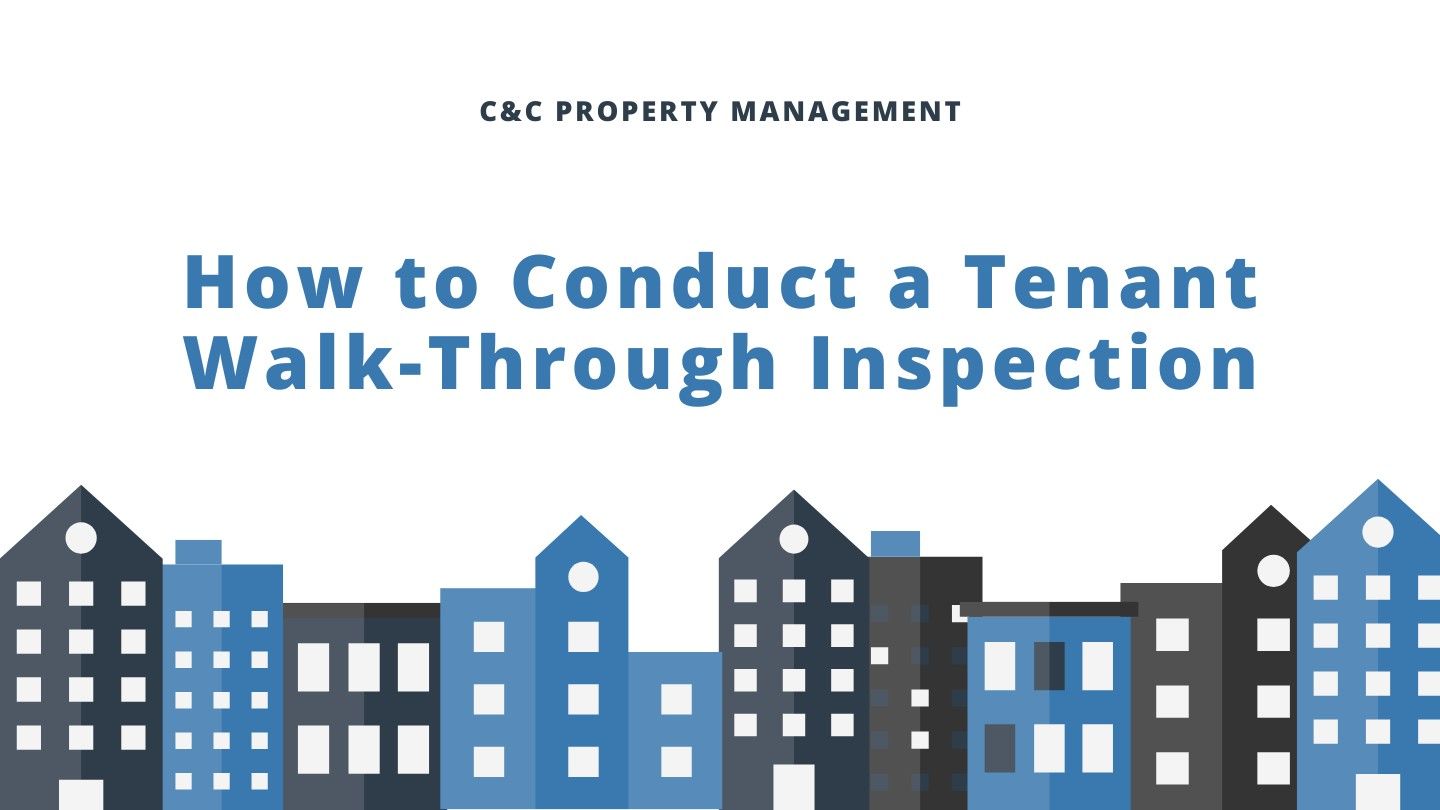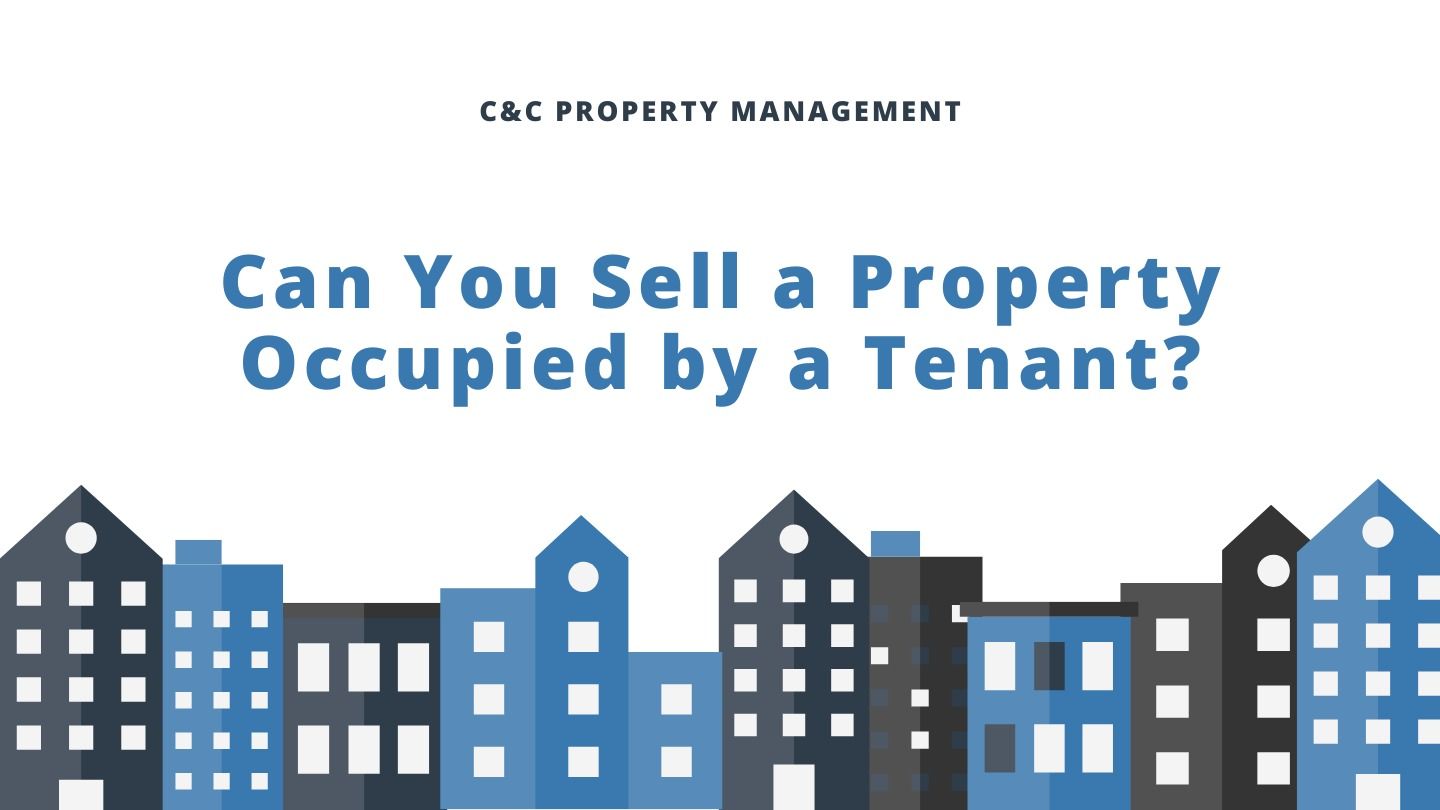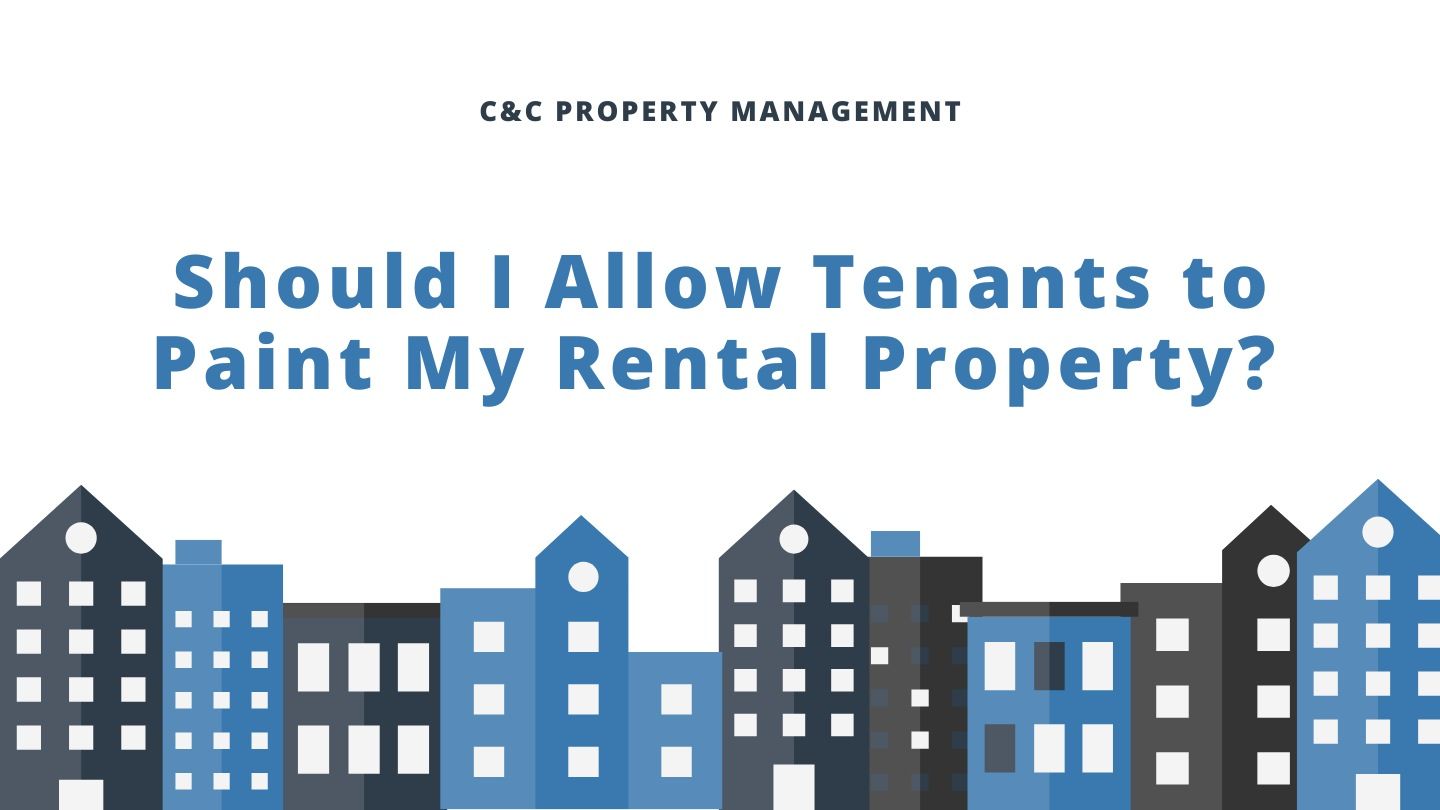Empty Home Tax
The November Ballot for Santa Cruz County is going to have an interesting proposal for locals to consider. Santa Cruz County is debating on whether or not to add a tax to homeowners who leave homes vacant for most of the year.
This potential tax has two aims : to incentivize owners to rent or live in empty homes, and to raise money for affordable housing projects to lower-income families who are struggling with the rising rents and lack of housing.
Cyndi Dawson, campaign manager for the “Empty House Tax”, said “ We have honestly received a landslide of either emails or phone calls: ‘I’m the only one on my street. Nobody’s home on my block all year, except Fourth of July.’”
City leaders in Capitola are also considering the tax. City Manager, Jamie Goldstein said that he was looking into water bills as an indicator of empty homes. Dawson stated that the Santa Cruz Municipal Utilities District showed 14, 255 active meters and 838 meters with zero water use for at least 8 months. However, some of these homes are in Live Oak and would not be subject to the tax. She also stated that some of the water could be used just for landscaping.
Dawson also added that she’d heard from residents from the Upper and Lower Westside and Eastside who reported empty homes. “Everybody has that story where nobody’s home. It’s a citywide phenomenon,” stated Dawson.
The city of Santa Cruz has 24,000 housing units according to the 2020 census. Dawson estimated that “1,000 probably closer to 2,000 empty homes”
“From 2015 to 2020, Census Bureau surveys suggest that 1,806 homes in the city of Santa Cruz were vacant. That roughly 7.5% vacancy rate includes second homes, some homes under construction and about 582 homes used “seasonally or for recreation.”- In the 2020 census, about 9.5% of homes in the city of Santa Cruz were considered vacant. However, travel restrictions and online education at UC Santa Cruz may have skewed rental and vacancy rates in Santa Cruz in 2020, some empty-home tax opponents have said.
- In 2021, the California Dept. of Finance found a 9% vacancy rate for the city of Santa Cruz. It used state data to refine and update Census information.” SCL
Per Dawson, taxing homes could generate millions of dollars for affordable housing projects. However, opponents are skeptical that this tax will be an effective response to the shortage of housing.
The Home Vacancy tax would charge owners of vacation homes , investment properties, and other houses that are empty most of the time. “Housing costs are out of reach for many of our teachers, our child care providers, our medical workers: people who serve our community every day,” Dawson said. “We wanted to find a way to make sure that those folks can live where they work.”
Housing costs have caused residents to move or have become a greater share of their expenses. Most people spend hair their income on rent alone.
If this tax is passed, it would create several requirements -
- “Homeowners within the city would be required to submit an annual form online or by mail that declares whether their home has been occupied for at least 120 days in the past year. The days do not have to be consecutive, and the home can be occupied by the owner or tenants.
- If the parcel has been occupied for fewer than 120 days in the past year, owners would pay a fee of $6,000 per parcel for a single family home, $6,000 per vacant parcel for complexes of up to six units, and $3,000 per vacant unit for complexes of seven or more units.
- The city would develop an annual audit process, and those audited would be required to provide evidence that the parcel has been occupied. The number of audits completed and the evidence required isn’t specified in the ordinance, but evidence could include a driver’s license with the address listed and water and electricity bills, said Dawson. “ SCL
The proposed tax would need to have 50% of the votes to be passed. In 2024, homeowners would need to submit declarations of occupancy for 2023.
There are several exemptions from the tax such as homeowners who experienced a medical event or active military deployment, buildings under active construction, owners waiting for building permit approvals, and the 250 parcels permitted under the city’s Short Term Rental Ordinance.
There are opponents who have concerns about the proposed tax. Retiree and longtime Santa Cruz resident, Carol Polhamus said, “I think people are appropriately frustrated about the fact that there isn’t enough housing. To me the biggest reason is we haven’t built any,” she said. “I think that that’s the heart of the matter.” Per Polhamus, the ordinance’s focus on vacant homes is a distraction from the root causes of the housing crisis.
What are your thoughts about the Empty Home Tax? We’d love to hear from you.








